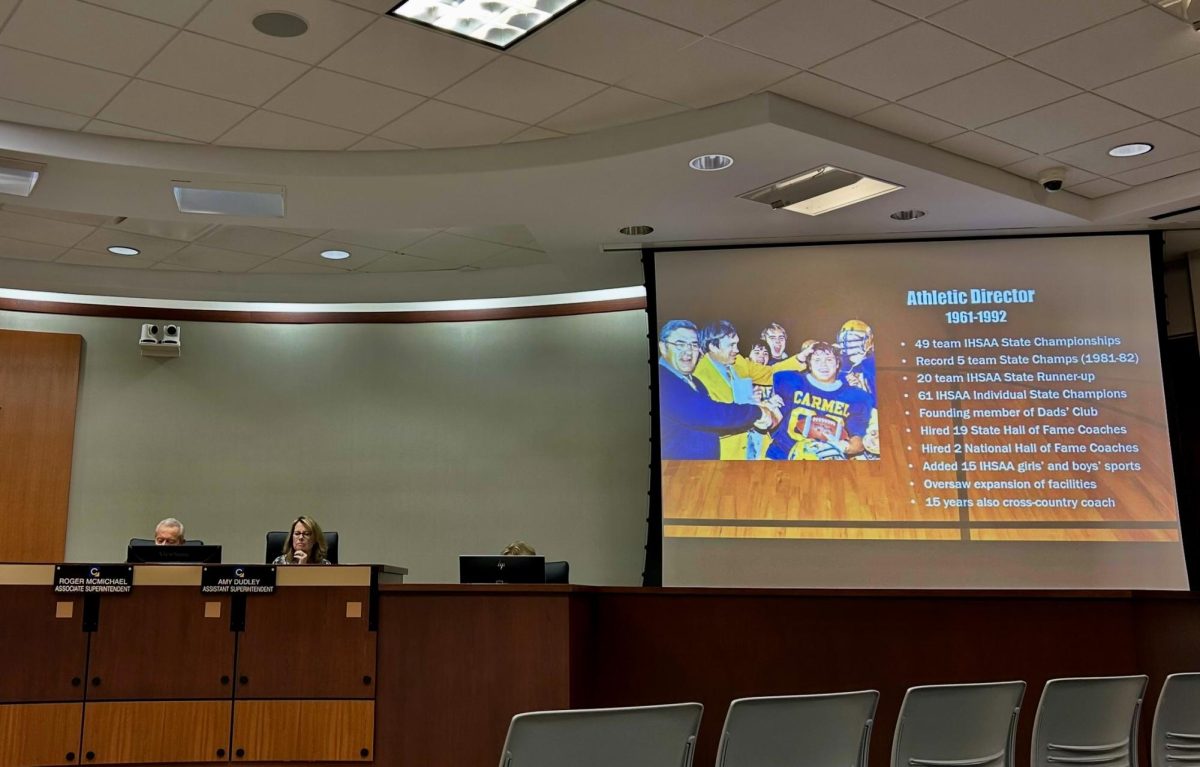Movies easily shape and influence other movies, but they rarely change the world. Here are a few that did…
By Sam Watermeier
<[email protected]>
“2001: A Space Odyssey”- “It looks exactly like ‘2001,’” Apollo 11 astronauts said shortly after landing on the surface of the moon. Keep in mind that “2001” was released not only before the moon landing, but before the first picture of Earth from space was even available. It is a benchmark film in terms of inspiring NASA with its vision of the future and depiction of space technology. Although it looks quite different, some of the technology created in the film such as the space station is now a reality. To this day, “2001” is chillingly realistic. Its realism and impeccable technical aspects add to the popular criticism that director Stanley Kubrick’s films focus too much on style and too little on human emotion. However, this cold, detached style works for “2001” since machines are in the foreground on its story. Naysayers fail to realize that the point of the film is intended to convey that humans will become blindly obedient to technology and that the film being a slave to its own technological aspects only enhances this point.
“Easy Rider”- A cornerstone film of the “New Hollywood phase,” “Easy Rider” is one of the most revolutionary movies of all time. It deconstructs the classic narrative structure of Hollywood films, providing a refreshingly sloppy, episodic style. It flows as freely as the hippie, open-spirited characters at its forefront. From it stemmed several avant-garde filmmakers and a whole new attitude regarding storytelling. Movies were no longer just about big set-pieces and escapism, but the harsh realities of everyday life and living it on the open road.
“Super Size Me”- Everyone knows that McDonald’s food is unhealthy. Therefore, this documentary exposing the detrimental effects of a month-long McDonald’s binge seemed pointless. However, “Super Size Me” turned out to be the most involving and insightful piece of muckraking since Upton Sinclair’s “The Jungle.” It shows fast food’s addictive qualities and the extent to which our lives revolve around it. It is also one of the few documentaries that is now ingrained in our culture and forever associated with its subject matter. It is virtually impossible to think of McDonald’s or fast food in general for that matter without thinking about this film.
“The Thin Blue Line”- The film that set a convicted man free. As a result of this documentary’s stunning evidence, overall credibility, and overwhelming publicity, Randall Dale Adams’ conviction of murder and life sentence was overturned. Few films can claim that kind of impact.
“The Passion of the Christ”- Neither the film community, nor mass audiences for that matter were remotely interested in the cinematic exploration of religion until this film came along. It brought people from all different sects, religious and non-religious, together in an unprecedented way. It shows that religion is not such taboo subject matter after all.




























![Keep the New Gloves: Fighter Safety Is Non-Negotiable [opinion]](https://hilite.org/wp-content/uploads/2024/12/ufcglovescolumncover-1200x471.png)






!["Wicked" poster controversy sparks a debate about the importance of accuracy versus artistic freedom [opinion]](https://hilite.org/wp-content/uploads/2024/11/riva-perspective-cover-1200x471.jpg)









































![Review: “We Live in Time” leaves you wanting more [MUSE]](https://hilite.org/wp-content/uploads/2024/12/IMG_6358.jpg)
![Review: The premise of "Culinary Class Wars" is refreshingly unique and deserving of more attention [MUSE]](https://hilite.org/wp-content/uploads/2024/12/MUSE-class-wars-cover-2.png)
![Introducing: "The Muses Who Stole Christmas," a collection of reviews for you to follow through winter [MUSE]](https://hilite.org/wp-content/uploads/2024/12/winter-muse-4.gif)
![Review: "Meet Me Next Christmas" is a cheesy and predictable watch, but it was worth every minute [MUSE]](https://hilite.org/wp-content/uploads/2024/11/AAAAQVfRG2gwEuLhXTGm3856HuX2MTNs31Ok7fGgIVCoZbyeugVs1F4DZs-DgP0XadTDrnXHlbQo4DerjRXand9H1JKPM06cENmLl2RsINud2DMqIHzpXFS2n4zOkL3dr5m5i0nIVb3Cu3ataT_W2zGeDAJNd_E-1200x884.jpg)
![Review: "Gilmore Girls", the perfect fall show [MUSE]](https://hilite.org/wp-content/uploads/2024/11/gilmore-girls.png)
![Review in Print: Maripaz Villar brings a delightfully unique style to the world of WEBTOON [MUSE]](https://hilite.org/wp-content/uploads/2023/12/maripazcover-1200x960.jpg)
![Review: “The Sword of Kaigen” is a masterpiece [MUSE]](https://hilite.org/wp-content/uploads/2023/11/Screenshot-2023-11-26-201051.png)
![Review: Gateron Oil Kings, great linear switches, okay price [MUSE]](https://hilite.org/wp-content/uploads/2023/11/Screenshot-2023-11-26-200553.png)
![Review: “A Haunting in Venice” is a significant improvement from other Agatha Christie adaptations [MUSE]](https://hilite.org/wp-content/uploads/2023/11/e7ee2938a6d422669771bce6d8088521.jpg)
![Review: A Thanksgiving story from elementary school, still just as interesting [MUSE]](https://hilite.org/wp-content/uploads/2023/11/Screenshot-2023-11-26-195514-987x1200.png)
![Review: "When I Fly Towards You", cute, uplifting youth drama [MUSE]](https://hilite.org/wp-content/uploads/2023/09/When-I-Fly-Towards-You-Chinese-drama.png)
![Postcards from Muse: Hawaii Travel Diary [MUSE]](https://hilite.org/wp-content/uploads/2023/09/My-project-1-1200x1200.jpg)
![Review: "Ladybug & Cat Noir: The Movie," departure from original show [MUSE]](https://hilite.org/wp-content/uploads/2023/09/Ladybug__Cat_Noir_-_The_Movie_poster.jpg)
![Review in Print: "Hidden Love" is the cute, uplifting drama everyone needs [MUSE]](https://hilite.org/wp-content/uploads/2023/09/hiddenlovecover-e1693597208225-1030x1200.png)
![Review in Print: "Heartstopper" is the heartwarming queer romance we all need [MUSE]](https://hilite.org/wp-content/uploads/2023/08/museheartstoppercover-1200x654.png)



